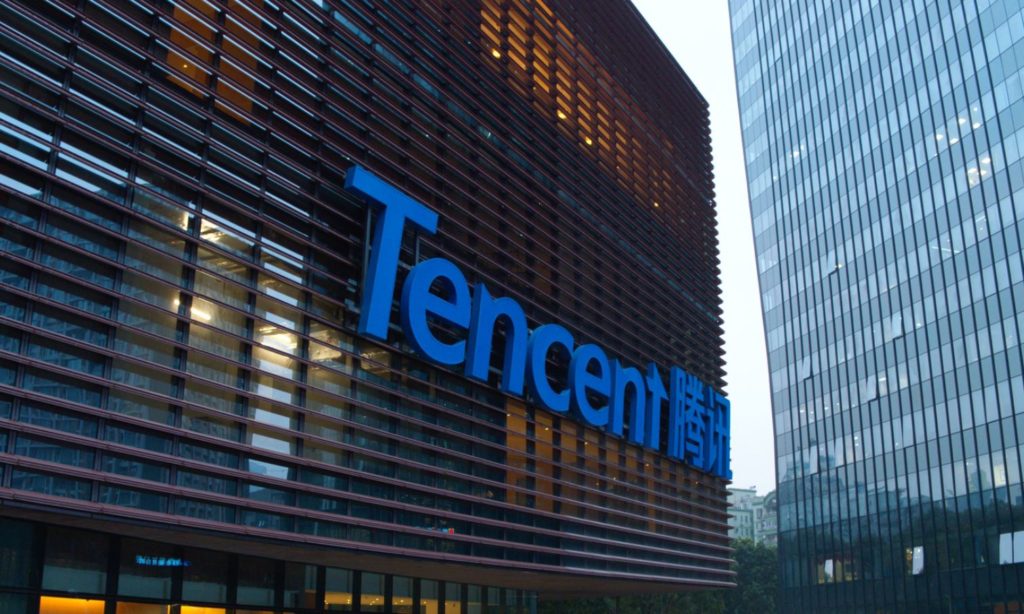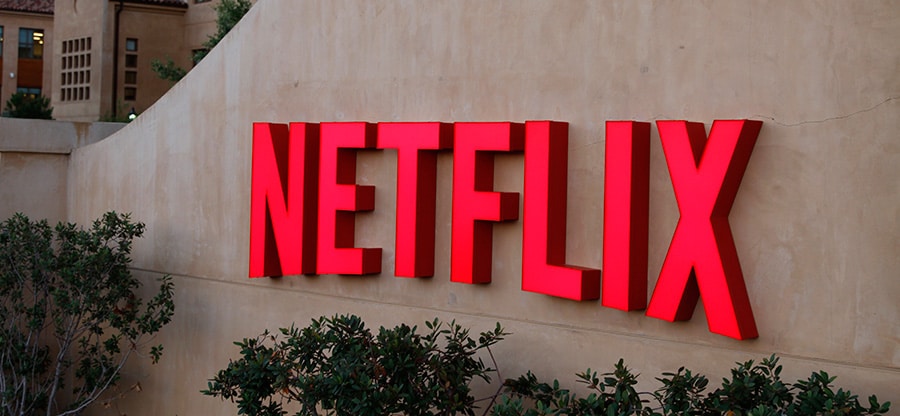 TheTechMedia.com/wp-content/uploads/2020/03/tencent-office-the-tech-portal-e1585300577195.jpg 1024w, https://TheTechMedia.com/wp-content/uploads/2020/03/tencent-office-the-tech-portal-300×180.jpg 300w, https://TheTechMedia.com/wp-content/uploads/2020/03/tencent-office-the-tech-portal-768×461.jpg 768w, https://TheTechMedia.com/wp-content/uploads/2020/03/tencent-office-the-tech-portal-800×480.jpg 800w, https://TheTechMedia.com/wp-content/uploads/2020/03/tencent-office-the-tech-portal-1160×696.jpg 1160w” sizes=”(max-width: 1024px) 100vw, 1024px”>
TheTechMedia.com/wp-content/uploads/2020/03/tencent-office-the-tech-portal-e1585300577195.jpg 1024w, https://TheTechMedia.com/wp-content/uploads/2020/03/tencent-office-the-tech-portal-300×180.jpg 300w, https://TheTechMedia.com/wp-content/uploads/2020/03/tencent-office-the-tech-portal-768×461.jpg 768w, https://TheTechMedia.com/wp-content/uploads/2020/03/tencent-office-the-tech-portal-800×480.jpg 800w, https://TheTechMedia.com/wp-content/uploads/2020/03/tencent-office-the-tech-portal-1160×696.jpg 1160w” sizes=”(max-width: 1024px) 100vw, 1024px”>Amsterdam-based Prosus, the international internet division arm of Naspers, pocketed an amount of $14.6 billion after it sold 2% of its stake in Tencent, the Chinese social media and gaming behemoth. This deal marked the biggest block trade since 2018 when Naspers had sold 2% of its stake for $9.8 billion.
According to Prosus Chairman Koos Bekker, Prosus’ belief in Tencent and its management team was steadfast, but they also needed to fund continued growth in their core business lines and emerging sectors. Tencent remains Naspers’ most successful investment.
Naspers Limited is also Tencent’s biggest shareholder, and its stake has reduced to 28.9% after the sale, Tencent said in a filing with the Hong Kong Stock Exchange. This means that Prosus will no longer remain the controlling shareholder in Tencent since Hong Kong’s listing rules state that shareholders who hold at least 30% of voting rights become the controlling shareholder. Tencent’s stock dropped on Thursday in Hong Kong after the sale was made public.
Tencent said that they continued to view Prosus as a committed strategic partner over a great many years. “Tencent respects and understands the (stake sale) decision,” Tencent Chairman Pony Ma said.
Prosus, which has stakes in multiple platforms, ranging from digital payments start-ups to food delivery platforms, has revealed that it will not be selling any more of its stake in Tencent for at least the next three years. It originally held a stake of 46.5%, for which it had paid $32 million in 2001.
This will be a boon for Prosus’ cash reserves at a time when e-commerce could not be better, due to the pandemic and subsequent lockdown which confined people to their homes and as a result, increasing the demand for online services, ranging from education and working to shopping and delivery of food and groceries. “Prosus intends to use the proceeds of the sale to increase its financial flexibility to invest in growth, plus for general corporate purposes,” the firm said in a statement. It reported a net cash position of $4.3 billion late last year and an increase of 29% in core earnings to $2.2 billion for the half-year to September 30.
Last year, Prosus had said that its business had benefited from growth trends in consumer internet companies. “The focus now is on growing the business and improving financial flexibility and giving ourselves the room to be able to deploy across multiple capital allocation opportunities,” Basil Sgourdos, financial director and executive director of Naspers, said in an earnings call in November.





